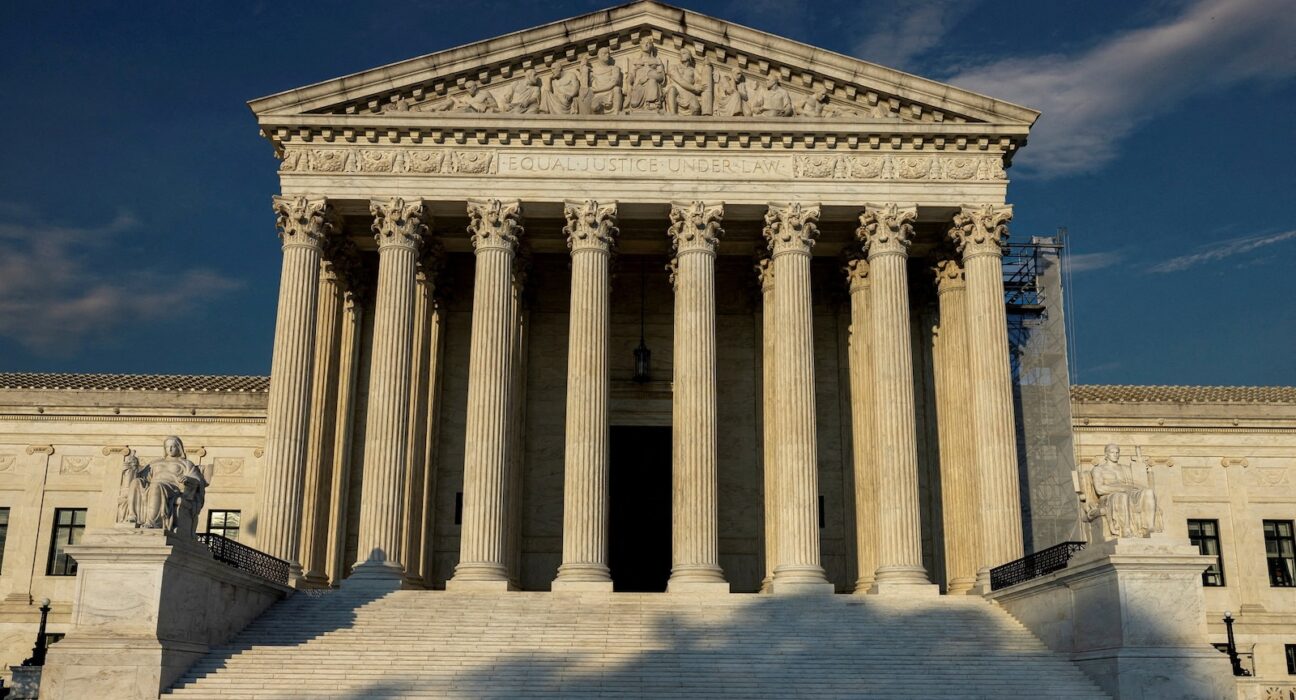In the world of employment discrimination, a significant shift has taken place as the U.S. Supreme Court recently delivered a unanimous verdict in a case that could pave the way for more lawsuits related to “reverse discrimination.” The case involved Marlean Ames, a straight woman who alleged that she had been unfairly treated by her employer, the Ohio Department of Youth Services. Let’s delve deeper into this groundbreaking ruling and its implications.
Setting Precedents
For years, cases revolving around claims of “reverse discrimination” have faced obstacles due to the legal standards set by previous court decisions. These standards often made it challenging for individuals from majority groups, such as white and straight individuals, to prove discrimination under federal civil rights law. However, the recent Supreme Court ruling challenges these norms by emphasizing that all individuals are entitled to equal protection under Title VII of the Civil Rights Act of 1964.
The Equal Protection Clause
Title VII explicitly prohibits employment discrimination based on various characteristics, including race and sexual orientation. In its ruling, the Supreme Court highlighted that this provision extends to all individuals regardless of their group membership. Justice Ketanji Brown Jackson emphasized that Congress intended to provide equal protections without imposing additional requirements on plaintiffs based on their majority or minority status.
Marlean Ames’ Case
Marlean Ames’ legal battle began when she was denied a promotion at her workplace in 2019. Despite her qualifications and experience, Ames was overlooked for the position which was awarded to a lesbian colleague with less seniority. Subsequently, Ames found herself demoted with her responsibilities reassigned to a gay male colleague with fewer years of service.
In her lawsuit under Title VII, Ames contended that her sexual orientation played a decisive role in both being denied the promotion and subsequently demoted. On the other hand, her superiors argued that their decisions were based on concerns regarding her leadership abilities rather than any discriminatory intent.
Redefining Legal Standards
The lower courts initially ruled against Marlean Ames citing insufficient evidence to support claims of discrimination against individuals from majority groups. However, the Supreme Court’s decision overruled this notion by asserting that such requirements imposed an undue burden inconsistent with both Title VII’s language and established legal interpretations.
As this landmark ruling reverberates through legal circles across the country, it is likely to impact future cases involving allegations of reverse discrimination. The decision underscores the importance of upholding principles of equality and fairness in all aspects of employment practices.
With this transformative judgment, doors may now open for greater scrutiny and accountability in addressing diverse forms of workplace discrimination. It serves as a poignant reminder that justice knows no bounds when it comes to protecting individual rights and promoting inclusivity within society.

